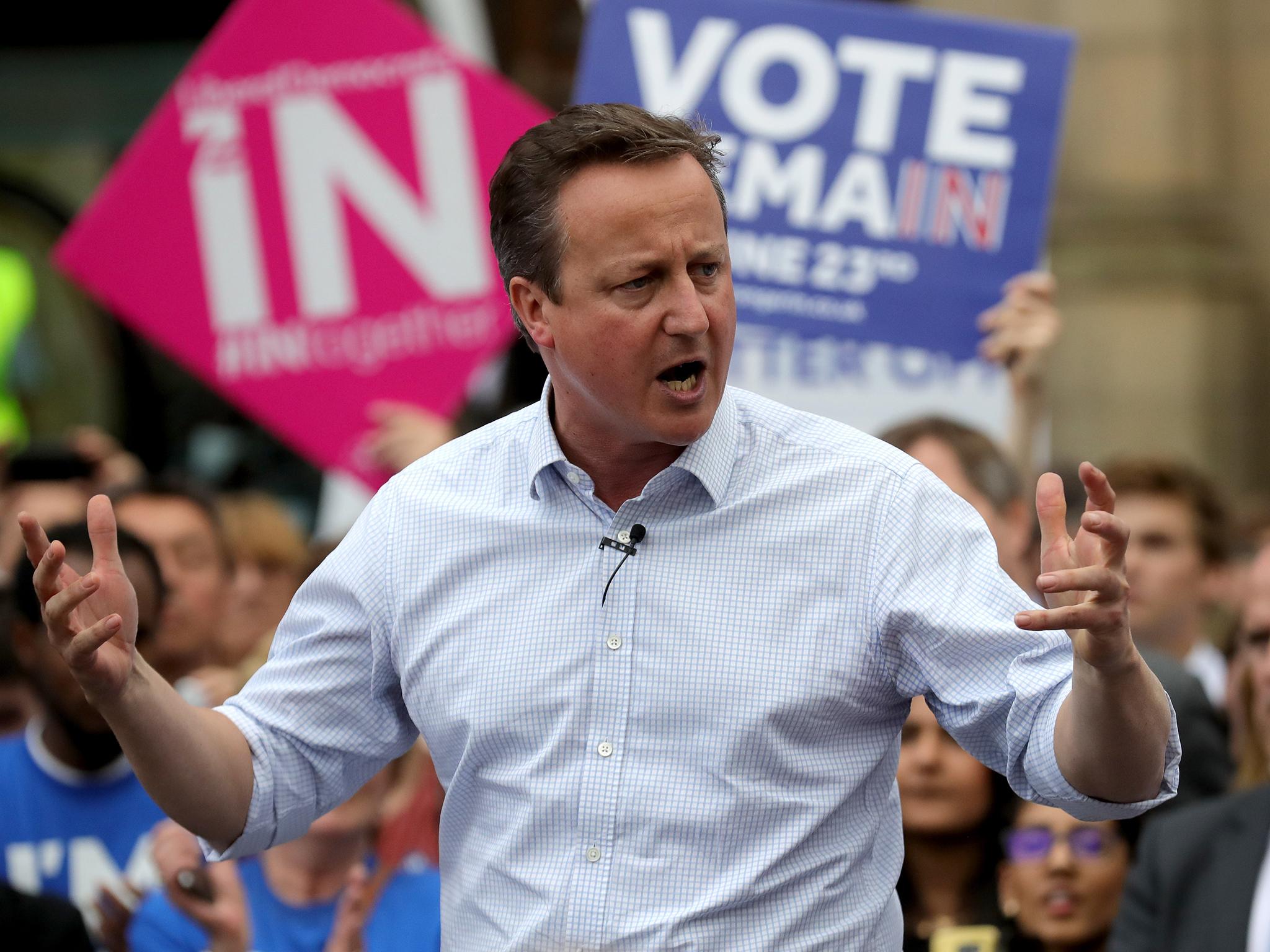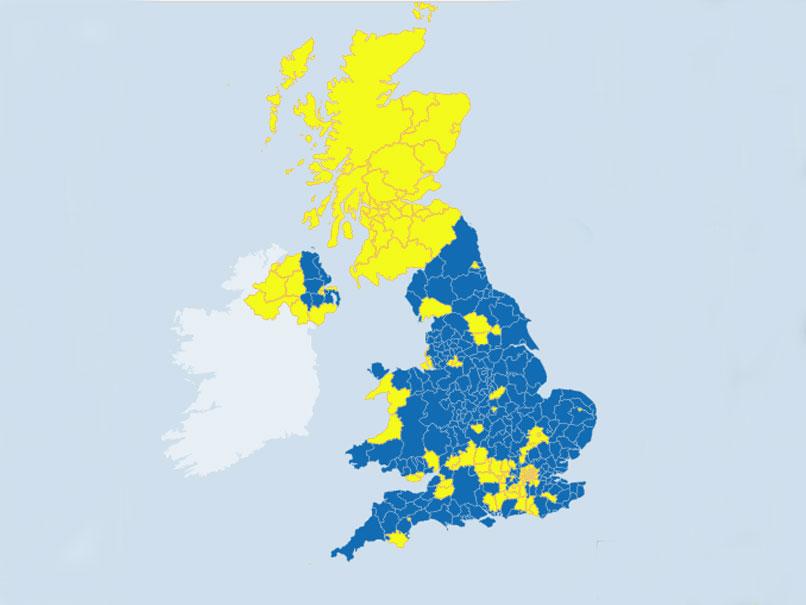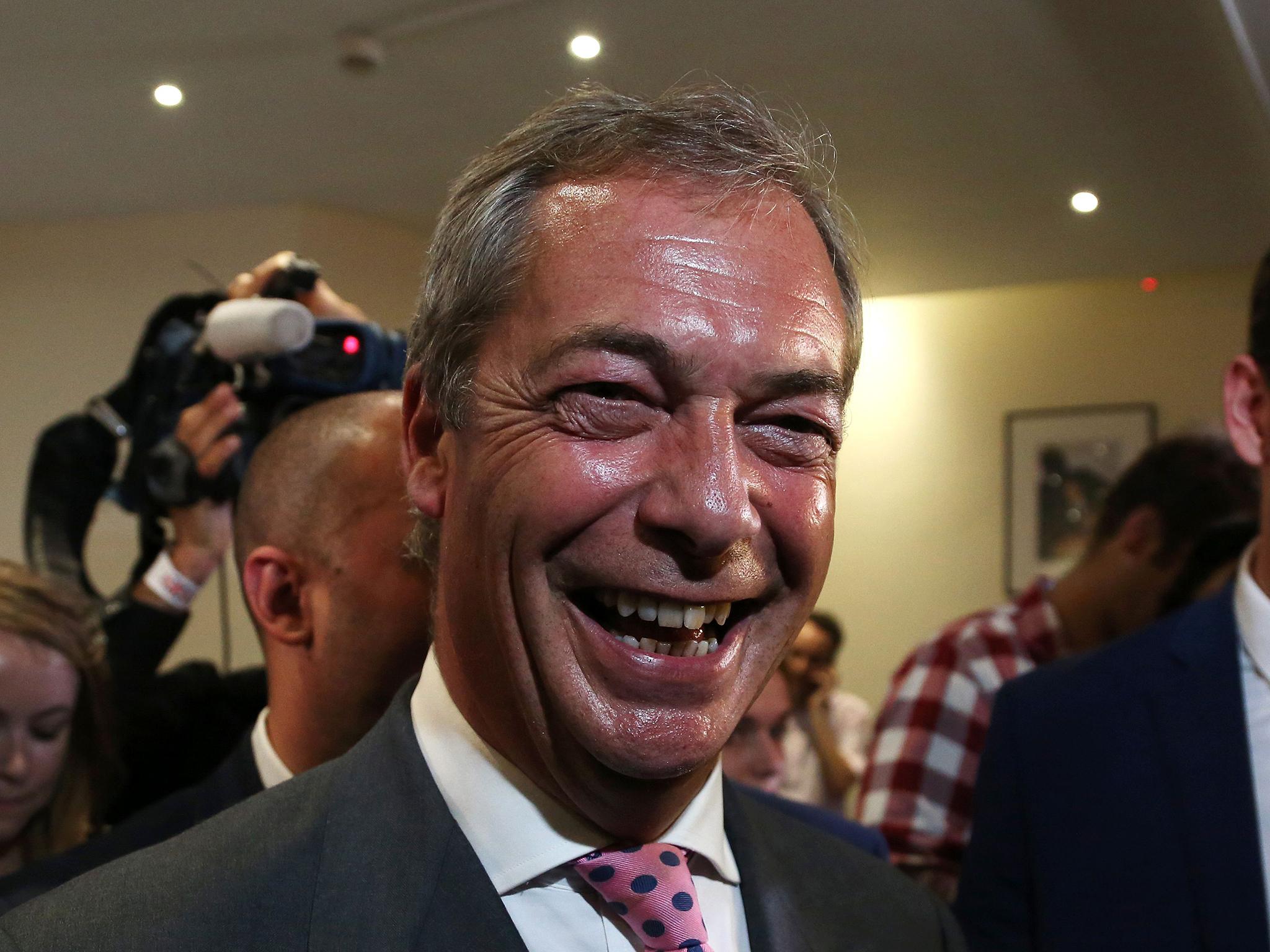David Cameron wanted to unite us – he has just shown how divided we really are
The results show the gulf between between a liberal metropolitan class and working class people


Your support helps us to tell the story
From reproductive rights to climate change to Big Tech, The Independent is on the ground when the story is developing. Whether it's investigating the financials of Elon Musk's pro-Trump PAC or producing our latest documentary, 'The A Word', which shines a light on the American women fighting for reproductive rights, we know how important it is to parse out the facts from the messaging.
At such a critical moment in US history, we need reporters on the ground. Your donation allows us to keep sending journalists to speak to both sides of the story.
The Independent is trusted by Americans across the entire political spectrum. And unlike many other quality news outlets, we choose not to lock Americans out of our reporting and analysis with paywalls. We believe quality journalism should be available to everyone, paid for by those who can afford it.
Your support makes all the difference.When David Cameron called the referendum, his aim was to win a decisive majority for Remain to settle the EU issue and give himself the space to implement his legacy agenda of One Nation reforms to improve people’s life chances.
Instead, in a savage irony, the referendum exposed starkly what a divided nation we are. The results show the gulf between between a liberal metropolitan class and working class people worried about immigration; between those doing well from globalisation and those "left behind" and not seeing the benefits in jobs or wages; between Scotland and England; between London and the rest of England; between young and older voters and between the well and less well educated. And, of course, a nation split down the middle on the issue of EU membership.
Follow the latest live updates from the EU referendum
Of course, the referendum could even pave the way for a formally disunited kingdom, with Scotland going its own way in a second independence vote in order to keep its EU membership after being outvoted in the UK-wide plebiscite.
A map showing how the full results certainly makes for stark viewing.

Above all, the referendum highlighted the chasm between the political class and the voters, who grabbed the free hit Cameron unwisely handed them to give the ruling elite a kicking. It became a giant by-election to allow people to get their grievances off their chest, even if they had little to do with the EU. The Leave campaign cleverly exploited the opportunity by portraying itself as the underdog taking on the political establishment. It worked.
Nigel Farage, the only party leader not to support Remain, said during the campaign that the public would use the referendum to “put two fingers up” to the political class, and he was proved right.
The divided nation is not merely likely to be Cameron’s legacy and a huge challenge for the Government. It is also a massive headache for Labour. Its metropolitan leadership has been exposed as out of touch with its traditional working class supporters in the North and the Midlands. Several Labour MPs with seats in these regions believe Jeremy Corbyn is in denial about immigration and fear that, after taking its Scottish heartlands for granted for years and losing them to the SNP in last year’s general election rout, Labour is now in danger of repeating the mistake in its English strongholds.
Cameron’s fundamental mistake in calling the referendum was to legitimise the Out cause by putting the option on the ballot paper. To try to prise concessions out of his EU partners, he had to pretend that he might call for a Leave vote even though he had no intention of doing so. That gave the Out camp further credibility and another stick with which to beat Cameron.

There were many other errors by the Prime Minister. In giving his ministers the freedom to campaign for Leave, he thought they would play by gentleman’s rules and only talk about Europe. Instead they were prepared to accuse him of not telling the truth, say he could not be trusted and to trash the Government’s record on immigration, the NHS, school places and the living wage. It was never supposed to be like this.
Vote Leave, the group headed by Boris Johnson and Michael Gove, claimed it did not intend to play the immigration card and would leave that to Farage. But when it lost the argument on the economy after a blizzard of warnings about the risks of Brexit, it changed tack. Immigration and its impact on public services provided the crucial link to the disaffected “left behind” voters. Again, it was crude and offended many Remain supporters, but it worked.
As the polling stations closed last night, one senior figure in the Remain camp sighed: “What a campaign! It was dominated by Tories attacking Tories and we had senior members of the Cabinet backing Remain but refusing to campaign. Where were Theresa May and Sajid Javid? And we has a Labour leader who was a Reluctant Remainer and unable to get a message over. No wonder the public were confused.”
Join our commenting forum
Join thought-provoking conversations, follow other Independent readers and see their replies
Comments